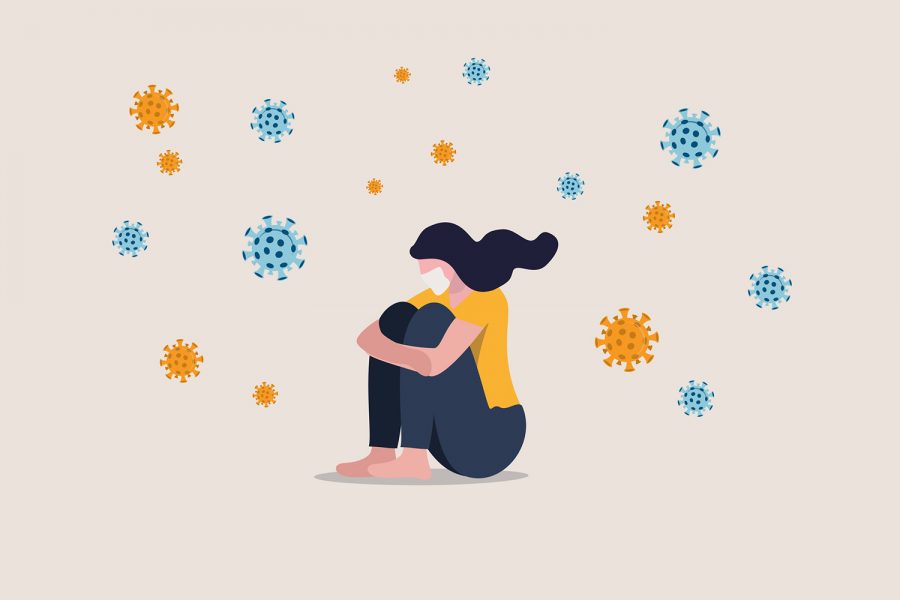Opinion | The Ketamine Chronicles — a new hope for depression
Low-dose ketamine is a breakthrough treatment for clinical depression and PTSD
iStock
July 28, 2021
Ketamine therapy is a breakthrough treatment in the field of mental health.
If you have not been medicated for depression or anxiety, it is incredibly likely that you know someone who has. The Center for Disease Control found over 13.2 percent of Americans aged 18 and over are taking some type of antidepressant. While they work for many people, for many others, these pills simply do not help.
Worse, they come with a slew of adverse effects. Selective serotonin reuptake inhibitors (SSRIs) — like Prozac or Zoloft — are the most commonly prescribed drugs for depression. They have been since the 1980s. But alarmingly, the rate of suicides has increased significantly in the past 10 years alone. The amount of people using SSRIs, too, has gone up, especially among women.
If more people are being treated for depression, and if the number of suicides is increasing, then something is wrong with the treatment.
Enter Ketamine.
If you’ve ever had your wisdom teeth taken out or had to be put under for a procedure, you’ve probably been administered ketamine. Ketamine was synthesized in 1962 and has been used as an anesthetic ever since. U.S field medics even used it in the Vietnam War and in subsequent wars. The reason for its popularity on operating tables is its safety profile — unlike opioids or other anesthetics, ketamine does not decrease heart rate or respiration, and the risk of overdose is slim. Overall, the safety profile of this drug is extremely high.
But what does this have to do with depression? Well, everything. In 2000, research began proving that in low doses — sub-anesthetic doses — ketamine can provide near instantaneous relief for previously treatment resistant depression. Over two decades later, this treatment is gaining traction within the psychiatric community.
Immediate relief from clinical forms of depression had been unheard of before this discovery. Serotonin-based medications take from weeks to months to begin working, if they work at all.The results felt from a low-dose ketamine IV take hold right away, making it unlike most other treatments.
Despite the wealth of evidence, testimonials, and research, exactly how ketamine works to treat depression is still up for debate. What we do know is that it increases the amount of glutamate in the brain, a neurotransmitter which had long been ignored in traditionally-designed antidepressants.
Additionally, ketamine quiets overactivity in the lateral habenula, an emotional processing center. An anomalous overfiring of neurons in the lateral habenula of depressed people and animals often contributes to feelings like hopelessness or anxiety. Research has shown ketamine to reverse this process of harmful overstimulation in this part of the brain.
But the most surprising process the brain undergoes is synaptogenesis, or the birth of synapses.
Synapses are the spaces in between neurons which allow them to communicate. A depressed brain has less of these — which is why impaired memory and cognition are symptoms of the disease. Ketamine treatment creates new synapses, which is one of the reasons why the relief is so profound.
So, the leading theory is that a number of such processes allow this treatment to work as well as it does. Ketamine effectively rewires the brain. And perhaps the versatility of these effects is why it is also beginning to be used for OCD,bipolar disorder, and PTSD.
It has been far too long since the development of a truly new and effective medication for the disorders which plague us today. But ketamine is an old drug, and we may have just been looking in the wrong places.
Suicide Prevention Line: 800-273-8255
Columns reflect the opinions of the authors and are not necessarily those of the Editorial Board, The Daily Iowan, or other organizations in which the author may be involved.



